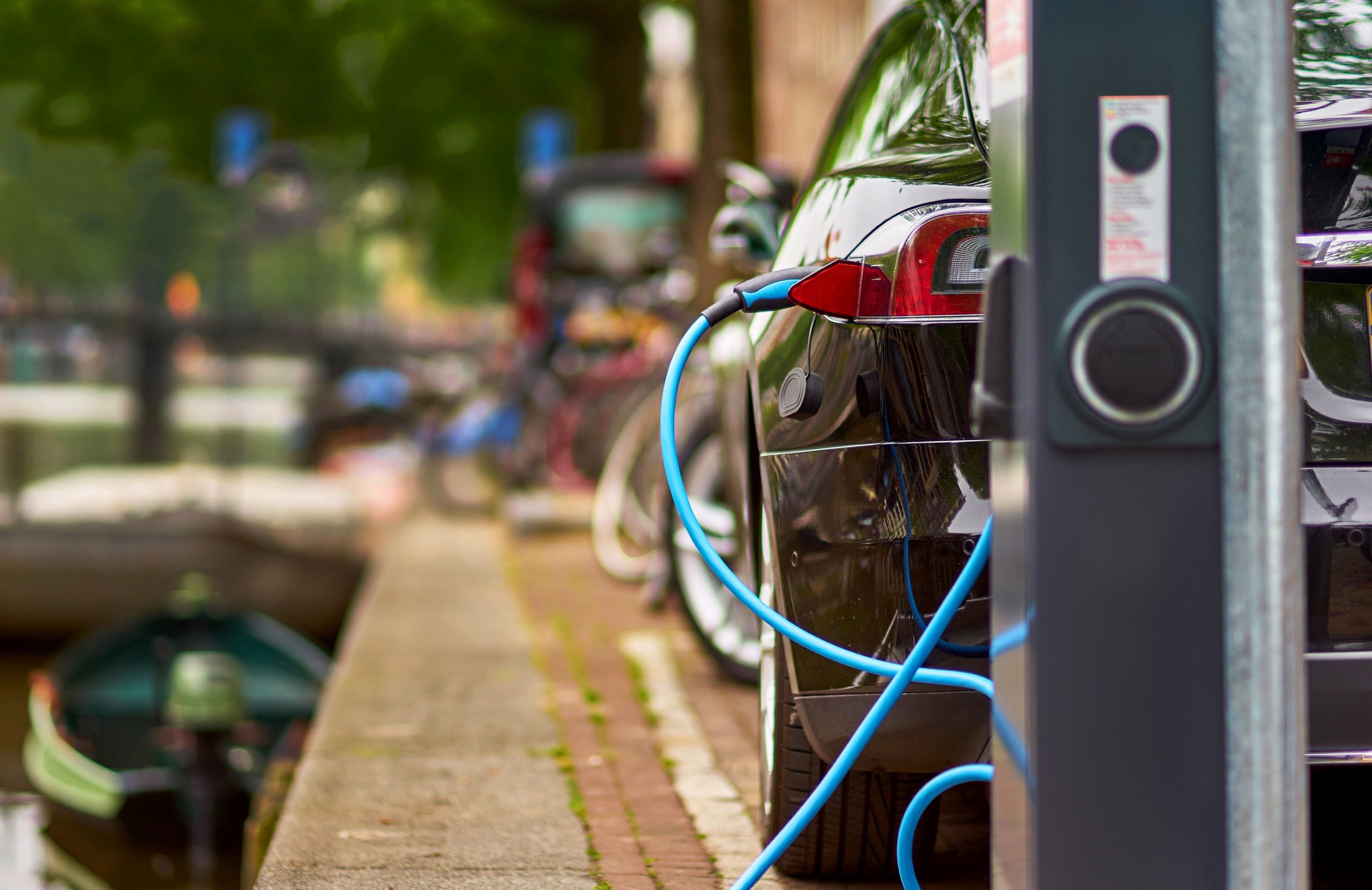Consultation outcome – The consumer experience at public electric vehicle chargepoints
Posted 20.04.2023

Posted 20.04.2023
In 2019, the government committed the UK to meet net-zero greenhouse gas emissions by 2050, to ensure the UK ends its contribution to climate change. Transport is now the largest sector for UK greenhouse gas emissions. Cars and vans alone represent 19% of all domestic emissions. The transition to zero-emission vehicles is therefore vital to realising our net-zero ambitions.
To achieve this, the government is taking decisive action to end the sale of new petrol and diesel cars and vans, with all vehicles required to have a significant zero-emissions capability (for example, plug-in and full hybrids) from 2030 and to be 100% zero emissions from 2035.
There are now over 300,000 ultra-low emission vehicles registered in the UK and over 20,000 public chargepoints installed for EVs. The government has committed £2.8 billion to support this transition.
EV chargepoint installation and operation is a relatively new and growing market. We want to encourage and leverage private sector investment to build and operate a self-sustaining public chargepoint network that’s affordable, reliable and accessible for all consumers.
As charging technology and infrastructure evolves and expands, new consumer offers will continue to emerge. We want to enable innovative charging approaches while ensuring that all consumers can charge their vehicle in a way that is as straightforward and reliable as refuelling a traditional vehicle. This is essential, not only for existing EV drivers but for giving people who are more reluctant to switch the confidence to do so.
This consultation sets our expectations and ambitions across 4 critical areas.
Consumers should be able to charge their vehicle and pay with ease, as they would for any other service. There should be a minimum standard for payment across all chargepoints, which does not rely on the use of a smartphone. We seek views on the best way to achieve this that meets consumers’ needs and is commercially viable.
Consumers should be able to rely on their chosen payment method, whether they’re making a short or long journey. Implementing roaming across networks means consumers can access all public chargepoints with one membership card or smartphone app. As smartphone technologies advance, we want to see convergence towards fewer apps that can access thousands of chargepoints across the UK.
All drivers should be able to locate available chargepoints easily when they need to charge their vehicle.
Opening up chargepoint data will enable the development of consumer-friendly apps and improve consumer experience.
It will also reduce costs by encouraging competition and innovation, and support system planning across the transport and electricity sectors.
Consumers should be able to understand and compare pricing offers across the UK network to select the best available price, as is currently the case for petrol and diesel vehicles.
Standardisation to a pence-per-kilowatt hour (kWh) basis will enable a simpler pricing framework for all users. Providers would still be able to offer a range of bundled services tariffs.
This approach ensures alignment with the energy sector and the price of electricity used across the network, helping consumers compare how much they are paying at home with how much they are paying when they use the public charging network.
Reliable infrastructure is critical to mass-market roll-out.
It’s essential that the public chargepoint network is maintained and that faults are repaired quickly to ensure a minimum 99% reliability across the charging infrastructure. A 24/7 helpline is required for those who need assistance when struggling to use a chargepoint.
In addition to the 4 areas above, we’re seeking evidence on 3 emerging policy areas:
We want to understand the issues facing consumers in these areas and whether there are priority areas to address. This will enable us to get an idea where there may be a need for government intervention in the immediate future and which agency is best placed to intervene.
We’ll be holding workshops to engage with industry and consumer groups to evolve the policy options for each of the 4 areas above to reduce the burden and costs while best meeting consumer needs. Parliamentary time allowing, we expect to bring in the necessary regulation following this consultation in autumn 2021.
